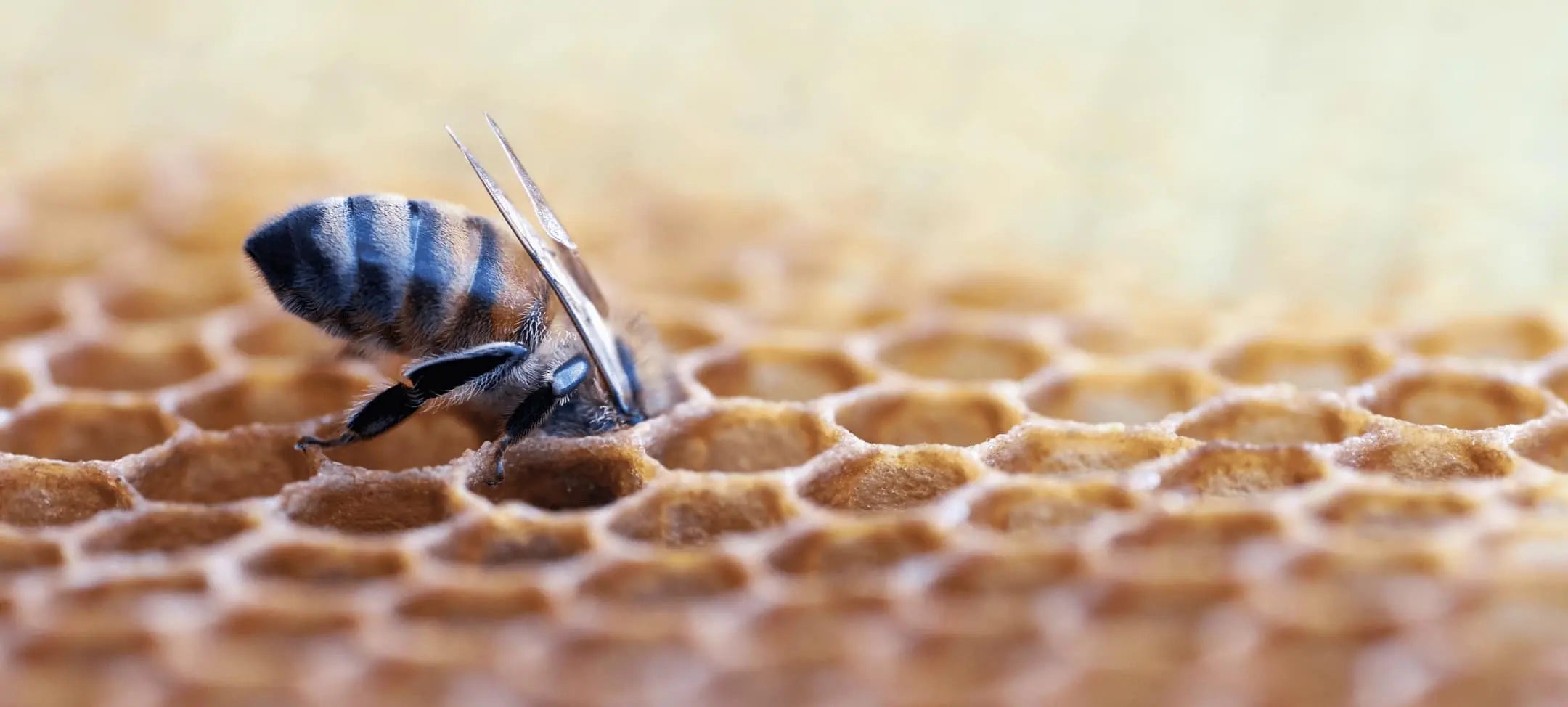

New Gummies to help you reconcile with your sleep and stress
NOOMO x The Beemine Lab
Top sales
-
Regular price 39,90 €Regular priceUnit price / per
-
Regular price 18,90 €Regular priceUnit price / per
-
Regular price 24,90 €Regular priceUnit price / per
-
Regular price 47,00 €Regular priceUnit price / per
1
/
of
4

Find Beemine near you
At The Beemine Lab we make it easy for your products to arrive quickly to your home. Buy them online on our website, or find our points of sale, such as pharmacies and herbalists, closest to you.

We are BCorp, because we believe in your well-being and that of the planet (really)
We want an inclusive, sustainable and regenerative future, and that is why we design natural products with active ingredients from cannabis and bee derivatives.











